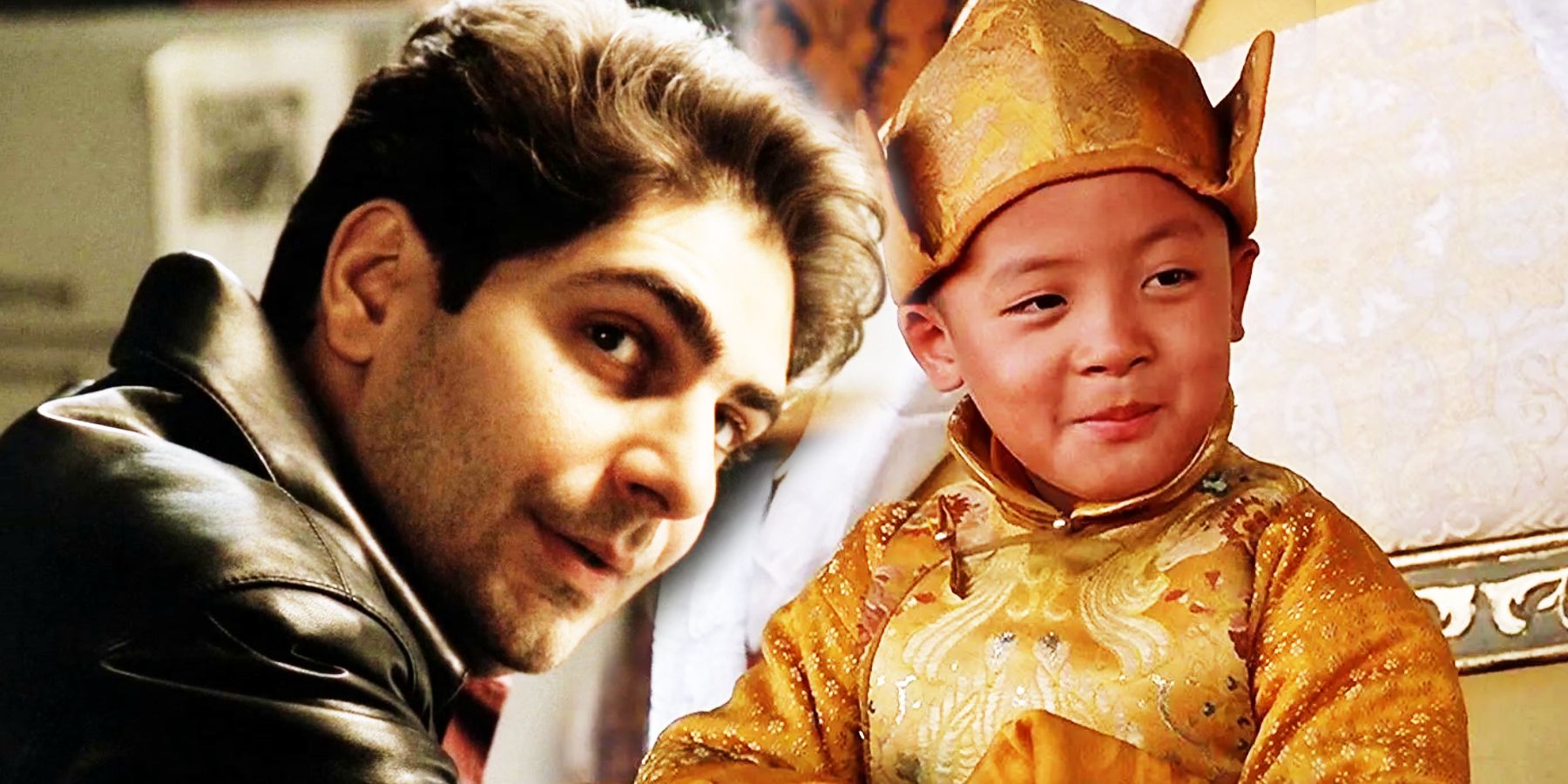Christopher's (Michael Imperioli) brief interaction with Martin Scorsese (Anthony Caso) in The Sopranos has an even deeper meaning than it first appears. David Chase's gangster series is hugely influenced by Scorsese's work and shares many similar cast members to Scorsese's great gangster movies like Goodfellas and Casino. It's unsurprising, therefore, that a fictionalized Martin Scorsese briefly appears in The Sopranos season 1, episode 2, "46 Long".
The brief appearance by Martin Scorsese also ties into Christopher's larger ambitions of being a filmmaker. These ambitions beyond his life of crime often put him at odds with Tony Soprano (James Gandolfini) and arguably play a large part in his eventual death. Christopher's Saw ripoff, Cleaver features a character who is insultingly like Tony and lays bare Christopher's own resentment against his uncle. Christopher's ambitions are realized by the end of his Sopranos story, but his brief interaction with Martin Scorsese in one of his earliest scenes sets it up.
There's a deeper meaning to Christopher's interaction with Martin Scorsese, however. Seeing one of his filmmaking heroes, Christopher seizes the opportunity to say something about Scorsese's work. Rather than go for an obvious Scorsese reference like Goodfellas or Mean Streets, Christopher mentions Scorsese's Dalai Lama biopic, Kundun. On the surface, it's a funny joke that plays on the incongruous nature of a hardened gangster preferring Scorsese's more spiritual work. However, the fist that Christopher throws up in solidarity implies the deeper meaning about how Scorsese's Kundun was treated by the studio.
The Sopranos' Christopher's Kundun Line Explained
Released in 1997, Kundun proved to be one of the more controversial movies of Scorsese's career. Set against the backdrop of China's communist revolution, it depicts the invasion of Tibet by Chinese forces and the Lama's eventual escape from his home. The subject was deemed too contentious by Universal, who passed on distributing the movie for fear of upsetting the Chinese government. Instead, the movie was distributed by Disney, which faced considerable criticism from Chinese leaders for its decision. As director of Kundun, Scorsese was banned from ever entering China and the country banned Disney movies and pulled the studio's cartoons from state television.
In 1998, former Disney CEO Michael Eisner went into full damage control mode and referred to the making of Scorsese's movie as a mistake, heavily implying it should never have been made and celebrating Kundun's poor performance at the box office. Despite Kundun's critical acclaim and Oscar nominations, it performed incredibly poorly at the box office, grossing less than $6 million in a limited release. Interviewed by the British film critic Barry Norman for Kundun's UK release, Scorsese inferred that the studio did not put their full weight behind marketing the movie, identifying China as a huge potential marketplace for corporations like Disney. Despite the poor performance, The Sopranos' Christopher Moltisanti certainly saw the movie.
All this controversy lends weight to Christopher's seemingly incongruous line "Kundun, I liked it." It's a show of solidarity between two Italian Americans, the beleaguered Hollywood auteur, and the aspirant gangster filmmaker. It also hints at Christopher's own struggles in realizing his Hollywood dreams, as the disapproval of Christopher's relatives like Tony and their repercussions could be far more severe. Christopher's brief scene with Martin Scorsese is a classic example of what The Sopranos always did so well: pop-culture references that comically subvert mafia tropes while also commenting on real-world events.

.jpg)
